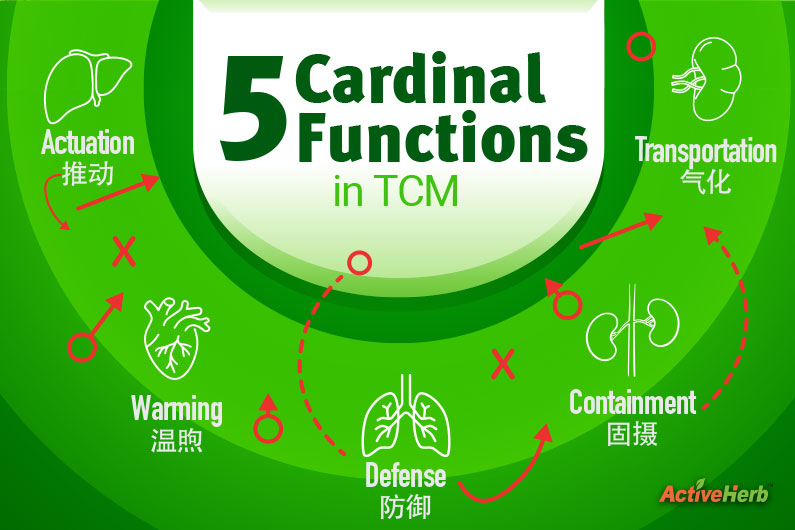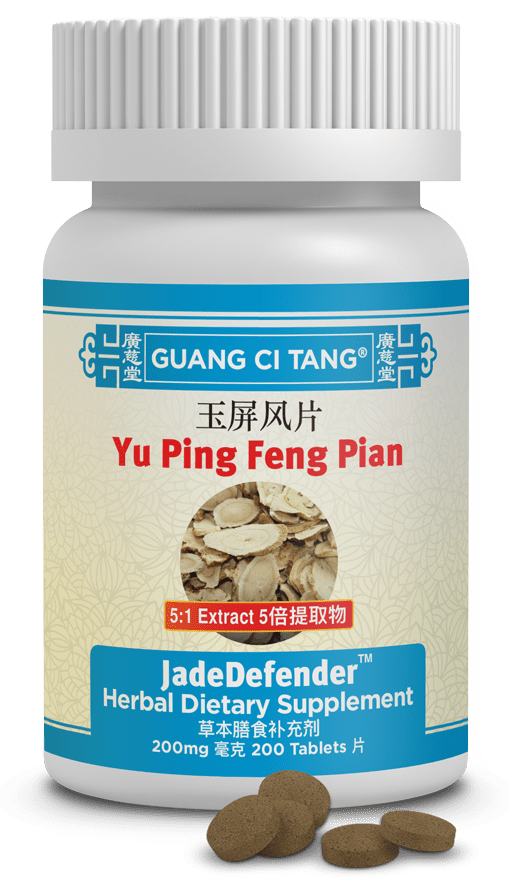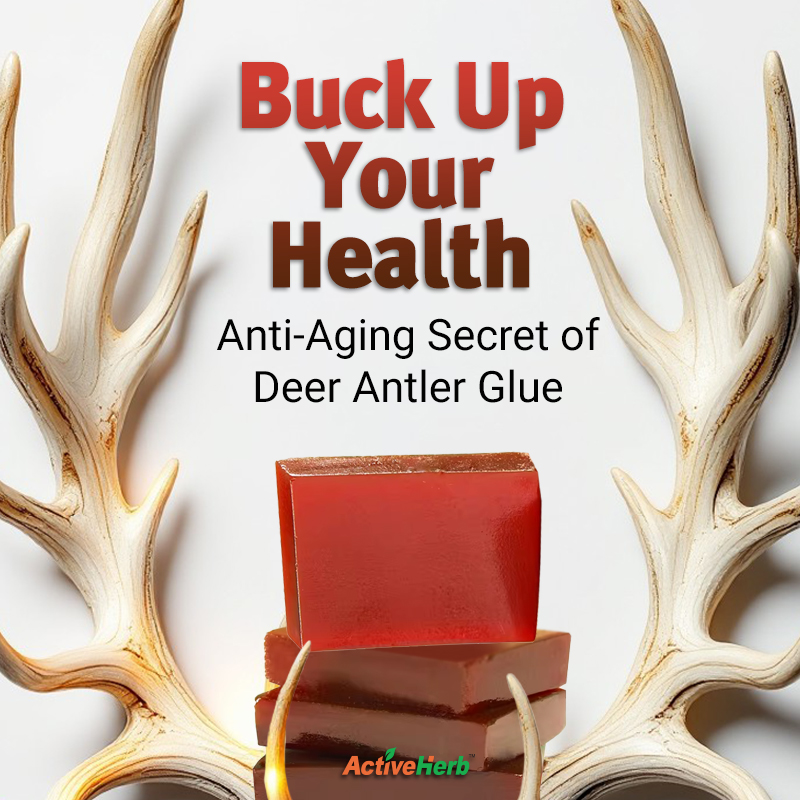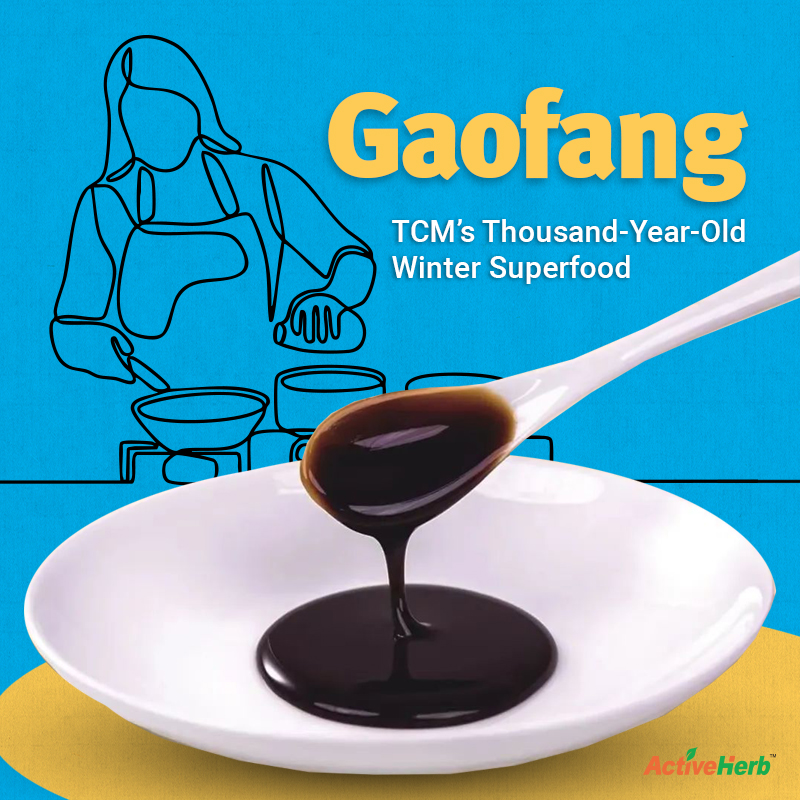The 5 Cardinal Functions in Traditional Chinese Medicine

Imagine a healthcare system that focuses beyond treating symptoms. It would maintain and enhance overall well-being through a harmonious balance of organ systems and bodily functions. In this effort, Western hospitals would no longer provide patients with cheap non-nutritious foods that contain corn syrup, sugar, and soy protein isolate. (“Ensure” ensures inflammation in the body!)
Envision a healthcare system where preventative care is as vital as curative measures, and where the interconnectedness of body, mind, and environment shapes every treatment. If the U.S. healthcare system incorporated the five cardinal functions of Traditional Chinese Medicine (TCM)—Actuation, Warming, Defense, Containment, and Transportation—this vision could become a reality.
And maybe, just maybe, the U.S. wouldn’t have to spend nearly 20% of its gross domestic product (GDP) on healthcare.
It’s a pipe dream, for sure. But dare we visualize a healthcare system where ancient wisdom and modern science converge!
What Are The 5 Cardinal Functions in TCM?
Essentially, they serve as a blueprint for living a long, healthy life, or what is now called a healthy lifespan. The following foundational principles have guided Eastern medicine for centuries:
- Actuation (推动)
- Warming (温煦)
- Defense (防御)
- Containment (固摄)
- Transportation (气化)
Some of these functions sound more like a strategy utilized by the Pentagon instead of an acupuncturist or Doctor of Oriental Medicine. Yet, they are integral to maintaining health and understanding disease processes. Let’s examine each of the 5 cardinal functions—and how each aligns with 5 Element Theory.
Actuation
Actuation in TCM refers to the body’s ability to kickstart and maintain vital activities. With actuation, it’s all about encouraging smooth-flowing Qi and preventing this universal life force from becoming stagnant like an algae-laden pond.
Qi is the primary driver of Blood in TCM. Actuation prevents stagnant Qi, which leads to poor blood circulation and digestion.
Element Associated with Actuation: Wood
Actuation is closely associated with the Wood element. Think: growth, movement, and the ability to progress and adapt. In other words, qualities inherent to the actuation function. The Liver and Gallbladder are the organs associated with the Wood element. When your Liver organ system is “actualized” the flow of Qi and Blood throughout the body is as smooth as an unobstructed river. However, when Liver Qi is stagnant, it can lead to symptoms such as irritability, bloating, and menstrual irregularities, reflecting impaired actuation. Formulas that promote the free flow of Liver Qi support actuation function by enhancing the Wood element’s qualities of movement and growth.
Warming
Global warming is a global concern, but from the perspective of the 5 Cardinal Functions in TCM, warming is a good thing. In Western medicine, the closest comparison to “warming” is metabolism or thermogenesis, the generation of internal body heat.
The Yang aspect of Qi governs metabolism. You need sufficient Yang to sustain life activities. Too much of anything isn’t a good thing, which is why some people, especially peri- or menopausal women experience a deficiency of cooling Yin energy (or an excess of Yang).
Element Associated With Warming: Fire
It’s fitting then, that the element linked to the cardinal function of warming is the Fire element. You need a Goldilocks Fire zone for optimal metabolism, energy and vitality.
The Fire element governs the Heart and Small Intestine, with the former considered “the emperor” of all organs in TCM. Heart oversees circulation and houses the Shen (mind/spirit). Not only can deficiencies in the warming function manifest as poor circulation, cold extremities, poor digestion, sleep disturbances and general fatigue, but it can also manifest as psychological or mood imbalances. This is because of the Heart-governing properties of the Shen. When the Shen is disturbed, it floats away from the Heart channel.
On the other hand, an excess of Yang can lead to symptoms such as fever, inflammation, and irritability. So make sure you stay warm—but not too warm.
Defense
As the saying goes, the best offense is a good defense. This maxim applies to Wei Qi, roughly the same as the Western immune system. However, by focusing on bolstering immunity and resilience, the TCM healthcare approach may help prevent symptoms before they manifest.
As the name implies, Wei Qi is a type of Qi that circulates on the surface of the body, and is associated with the Lung and Large Intestine organ systems. When strong like a bull, Wei Qi is better equipped to fend off external threats. TCM practitioners frequently recommend or prescribe the formula, Yu Ping Feng Pian (JadeDefender) to support their patients’ Wei Qi.
Element Associated With Defense: Metal
Defense in TCM is associated with the Metal element, which represents structure, protection, and boundaries.
Containment
How well do your organs hold or store vital substances, such as Qi, Blood, and precious bodily fluids? If any of these substances leak, then there is a problem with containment. Spleen Qi is particularly important in maintaining this containment function.
Element Associated With Containment: Earth
The Earth element governs the Spleen and Stomach, central organs in the processes of digestion and nutrient absorption.
The Spleen’s role in TCM includes transforming food into Qi and Blood. Weakness in the containment function can lead to symptoms such as excessive sweating, frequent urination, and bleeding problems, indicative of Spleen Qi deficiency.
So, what can help enhance the containment function? Formulas such as Gui Pi Pian (SpleenVive) that strengthen Spleen Qi may help, as well as acupuncture sessions that ‘reboot’ the Qi flow of the Spleen and Stomach meridians.
Transportation
The last of the 5 Cardinal Functions in TCM, transportation is associated with the Water element. Linked to the Kidneys and Bladder, transportation governs the body’s water metabolism and fluid balance.
The Kidneys play a critical role in TCM by storing Jing (essence), regulating water metabolism, and controlling the balance of Yin and Yang. Like an efficient German train system, an efficient transportation function ensures that nutrients and fluids go where they have to go on time. This means that bodily tissues that comprise the organs are properly nourished. When the Water element is out of balance, symptoms such as edema, urinary issues, and lethargy can arise.
If you’re experiencing water metabolism issues, bolster your body’s transportation function with Wu Ling Pian (Wateroff).
The 5 Cardinal Functions In TCM Applied To Your Life
Do you recognize any symptoms related to improper functioning of the 5 functions? If so, address them. Use best-in-class TCM formulas from ActiveHerb and visit your local acupuncturist. Take a proactive approach to your health so you don’t have to eat hospital food.







